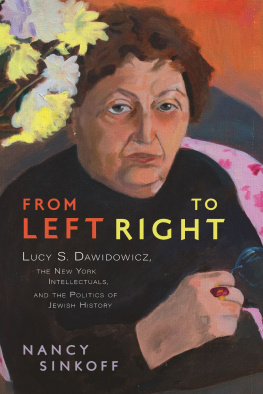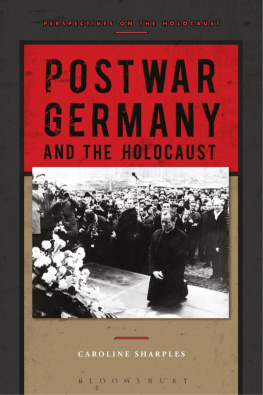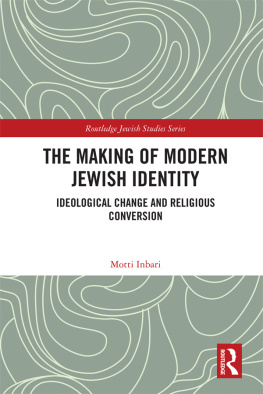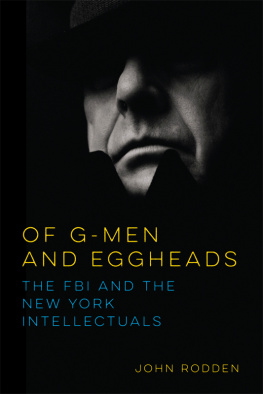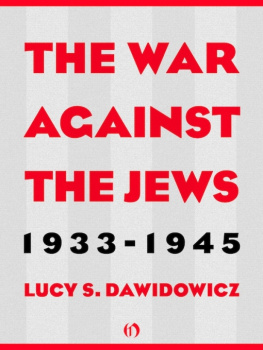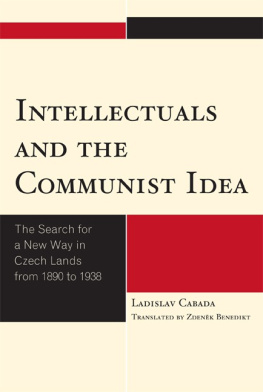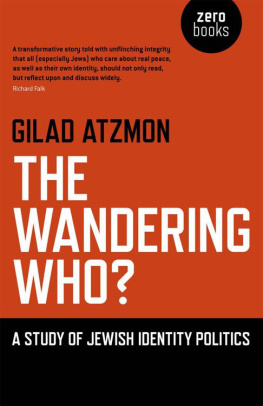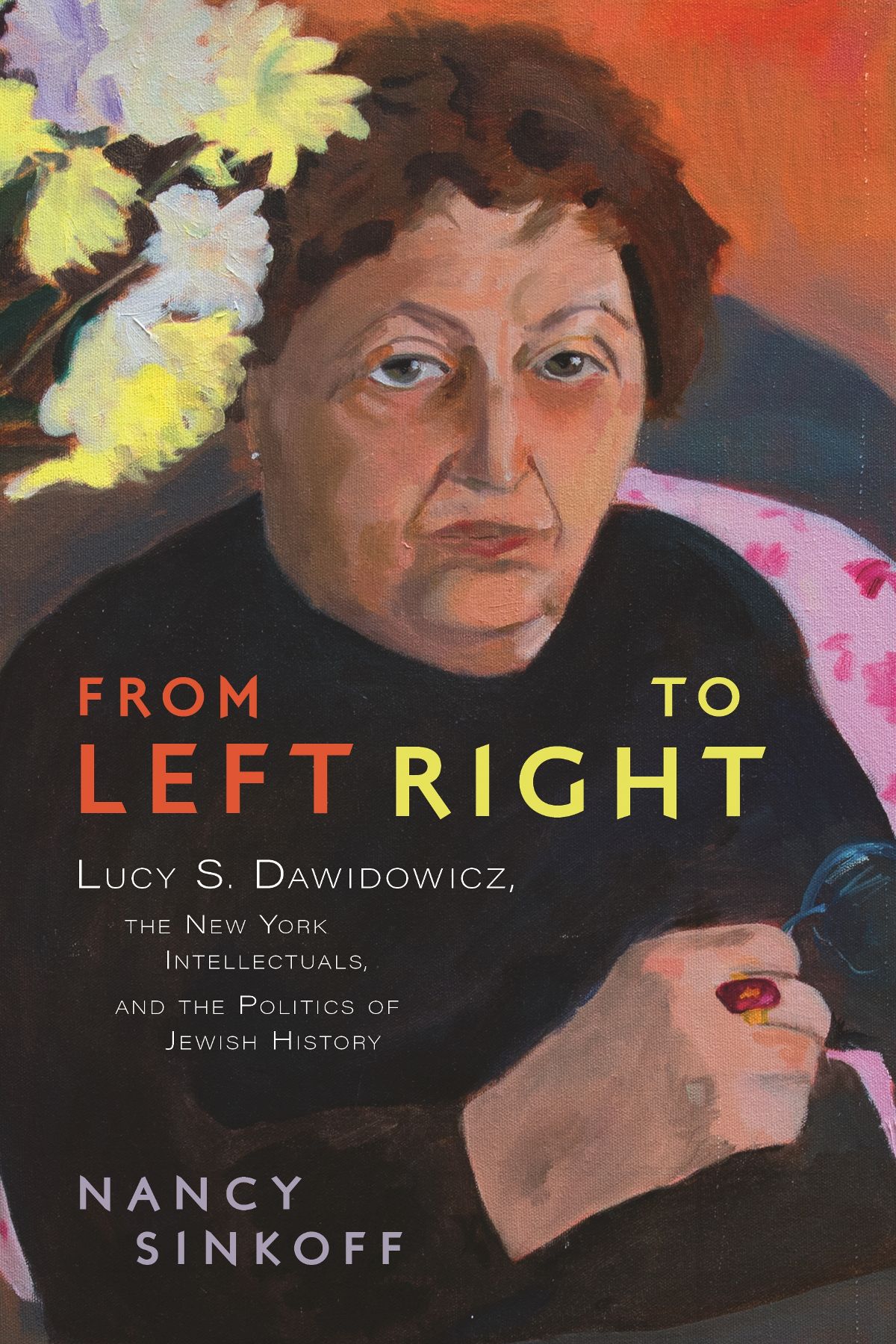Nancy Sinkoff - From Left to Right: Lucy S. Dawidowicz, the New York Intellectuals, and the Politics of Jewish History
Here you can read online Nancy Sinkoff - From Left to Right: Lucy S. Dawidowicz, the New York Intellectuals, and the Politics of Jewish History full text of the book (entire story) in english for free. Download pdf and epub, get meaning, cover and reviews about this ebook. year: 2020, publisher: Wayne State University Press, genre: Politics. Description of the work, (preface) as well as reviews are available. Best literature library LitArk.com created for fans of good reading and offers a wide selection of genres:
Romance novel
Science fiction
Adventure
Detective
Science
History
Home and family
Prose
Art
Politics
Computer
Non-fiction
Religion
Business
Children
Humor
Choose a favorite category and find really read worthwhile books. Enjoy immersion in the world of imagination, feel the emotions of the characters or learn something new for yourself, make an fascinating discovery.
- Book:From Left to Right: Lucy S. Dawidowicz, the New York Intellectuals, and the Politics of Jewish History
- Author:
- Publisher:Wayne State University Press
- Genre:
- Year:2020
- Rating:3 / 5
- Favourites:Add to favourites
- Your mark:
From Left to Right: Lucy S. Dawidowicz, the New York Intellectuals, and the Politics of Jewish History: summary, description and annotation
We offer to read an annotation, description, summary or preface (depends on what the author of the book "From Left to Right: Lucy S. Dawidowicz, the New York Intellectuals, and the Politics of Jewish History" wrote himself). If you haven't found the necessary information about the book — write in the comments, we will try to find it.
From Left to Right: Lucy S. Dawidowicz, the New York Intellectuals, and the Politics of Jewish History is the first comprehensive biography of Dawidowicz (1915-1990), a pioneer historian in the field that is now called Holocaust studies. Dawidowicz was a household name in the postwar years, not only because of her scholarship but also due to her political views. Dawidowicz, like many other New York intellectuals, was a youthful communist, became an FDR democrat midcentury, and later championed neoconservatism. Nancy Sinkoff argues that Dawidowiczs rightward shift emerged out of living in prewar Poland, watching the Holocaust unfold from New York City, and working with displaced persons in postwar Germany. Based on over forty-five archival collections, From Left to Right chronicles Dawidowiczs life as a window into the major events and issues of twentieth-century Jewish life.
From Left to Right is structured in four parts. Part 1 tells the story of Dawidowiczs childhood, adolescence, and college years when she was an immigrant daughter living in New York City. Part 2 narrates Dawidowiczs formative European years in Poland, New York City (when she was enclosed in the European-like world of the New York YIVO), and Germany. Part 3 tells how Dawidowicz became an American while Polish Jewish civilization was still inscribed in her heart and also explores when and how Dawidowicz became the voice of East European Jewry for the American Jewish public. Part 4 exposes the fissure between Dawidowiczs European-inflected diaspora nationalist modern Jewish identity and the shifting definition of American liberalism from the late 1960s forward, which also saw the emergence of neoconservatism. The book includes an interpretation of her memoir From that Place and Time, as well as an appendix of thirty-one previously unpublished letters that illustrate the broad reach of her work and person.
Dawidowiczs right-wing politics, sex, and unabashed commitment to Jewish particularism in an East European Jewish key have resulted in scholarly neglect. Therefore, this book is strongly recommended for scholars and general readers interested in Jewish and womens studies.
Nancy Sinkoff: author's other books
Who wrote From Left to Right: Lucy S. Dawidowicz, the New York Intellectuals, and the Politics of Jewish History? Find out the surname, the name of the author of the book and a list of all author's works by series.

